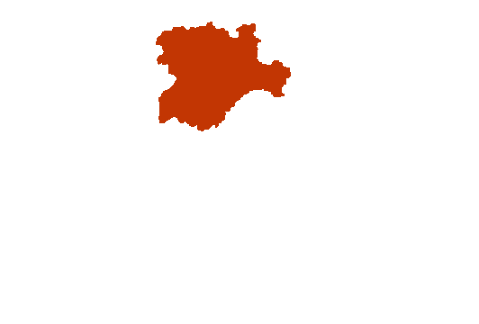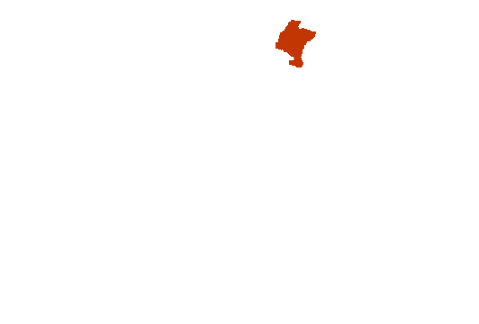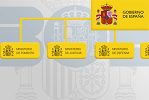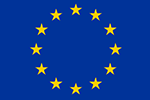General Information on Excise Duties
Content
What kind of duties are they and which goods are subject to them?
Excise duties are indirect taxes levied on specific forms of consumption and charged as a one-step process on the manufacture, importation and, where appropriate, introduction into domestic territory of certain goods, as well as on the registration of certain means of transport, the supply of electricity and the supply of coal for consumption.
Special Manufacturing Taxes, the Special Tax on Electricity, the Special Tax on Certain Means of Transport and the Special Tax on Coal are considered excise taxes.
Products subject to Excise Duties are those subject to taxes on alcohol and alcoholic beverages (beer, wine and fermented beverages, intermediate products and alcohol and derived beverages), to the Tax on Hydrocarbons (petrol, diesel, natural gas, biofuels, etc.) and to the Tax on Tobacco Products (cigarettes, cigars, rolling tobacco, etc.).
Where do they apply?
Mainland Spain and the Balearic Islands. In the autonomous community of the Canary Islands, the national rules apply only to beer, intermediate products and alcohol and alcohol-based beverages, since it has its own taxation system for mineral oils and tobacco products. In the autonomous cities of Ceuta and Melilla, only their local taxes on mineral oils and tobacco products apply.
Cases where no liability arises
Losses during manufacture, storage and transport, unforeseeable circumstances or force majeure and through total destruction or irretrievable loss of the goods.
Goods purchased by private individuals for personal use which are carried in their luggage, up to certain limits, where those individuals pay the duties in another Member State of the European Union.
Who is required to declare and pay these duties?
- The authorised warehouse keepers (factory or tax warehouse).
- Those required to pay the customs duty on import.
- Registered consignees and certified recipients (products from another Member State). Tax representatives of remote sellers established in other Member States.
Suspension of excise duties on production
The holding or movement of these goods between factories and tax warehouses, without the duty being chargeable until a later stage of distribution. The aim is to make the duty chargeable closer to the time of consumption. Movement must be documented in an electronic administrative document which is controlled from a database of all the tax administrations of the European Union.
Duty-paid intra-Community movement schemes
- Guaranteed shipments: Spanish company, which has purchased goods with the duty already paid, sends them to a different company located in another EU country. The Spanish dispatching companies must have authorisation and must send goods with the simplified administrative electronic document to the country of destination. They must pay the tax due in that country and then apply in Spain for reimbursement of the Spanish tax.
- Distance selling: a Spanish company sells to individuals located in other EU countries; it must request authorisation from the Tax Administration and appoint a tax representative in each Member State in which it is going to sell those goods, so that the representatives can pay the duty payable in the country of destination, and then the Spanish company can claim a refund of the Spanish duty.
Exemptions
In addition to other specific exemptions relating to each of the excise duties on production, the following are exempted on a general basis:
- Diplomatic or consular deliveries.
- Deliveries to international organisations and to the armed forces of any State which is a member of the North Atlantic Treaty Organisation, other than Spain.
- The provisioning of ships and aircraft engaged in international navigation, excluding private pleasure craft.
Exemptions for the import of alcoholic beverages and tobacco products by travellers of over 17 years of age from countries outside the European Union (Ceuta and Melilla are not part of the customs territory of the European Union and for this purpose are considered to be outside the European Union). For further details see the links in the ‘Relevant Links’ section at the bottom of this page.
Refunds
In the cases of reimbursement specifically provided for in relation to each of the excise duties on production, the following will be entitled to reimbursement:
-
Exporters for amounts previously paid in Spain.
-
Persons who bring goods on which tax has become chargeable into a tax warehouse with a view to their subsequent dispatch to another Member State.
-
Persons engaged in guaranteed deliveries and distance selling.
-
Persons returning duty-paid goods to a factory or tax warehouse, or destroying them under the control of the tax authorities.
Rates of duty
Tax bases vary and may be quantified in physical units (tobacco products), volume of goods produced (wine or intermediate products), alcohol content (alcohol-based beverages) or units of weight (mineral oils).
Moreover, the rates of duty are, in general, specific (physical unit or unit of measure).
How must payments be made?
Except in relation to imports, taxable persons (authorised warehouse keepers) must file self-assessments and pay the State Tax Administration Agency.
The relevant period is monthly or quarterly. Self-assessments must be filed within the first 20 calendar days following the date of the end of the settlement period. A self-assessment must be filed in respect of each duty and for each establishment.
Tax formalities to be undertaken when setting up your business
Prior registration of the establishment is compulsory in order to carry out certain activities (factories and tax warehouses) and to enjoy tax benefits. The establishment must be entered in the territorial register of the competent offices of the Tax Administration in which that establishment is located.
Once registration has been authorised, the Administration will issue a card with a specific economic activity code (CAE) for each establishment and authorised activity. This card will be essential as proof to suppliers and to Customs that goods can be received under certain tax regimes.
In addition, establishments must keep stock accounts (finished products and raw materials). Those accounts must be supplied in electronic form to the State Tax Administration Agency.
Information for each Autonomous Community






Andalucía Aragón Asturias, Principado de Balears, Illes Canarias Cantabria Castilla y León Castilla-La Mancha Cataluña Ciudad de Ceuta Ciudad de Melilla Comunitat Valenciana Extremadura Galicia Madrid, Comunidad de Murcia, Región de Navarra, Comunidad Foral de País Vasco Rioja, La










